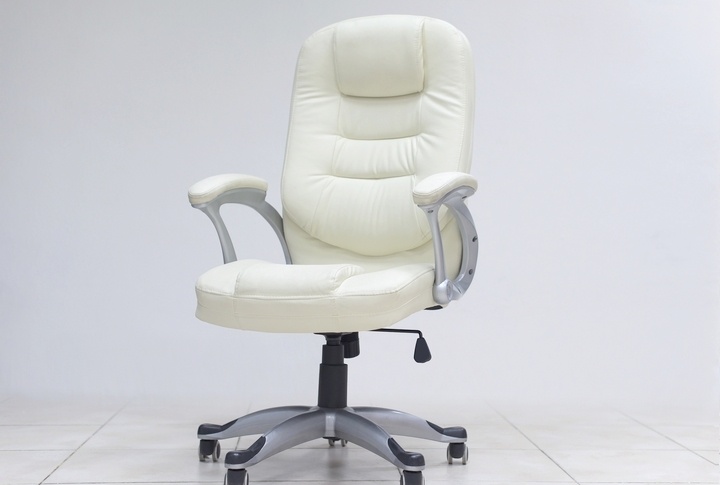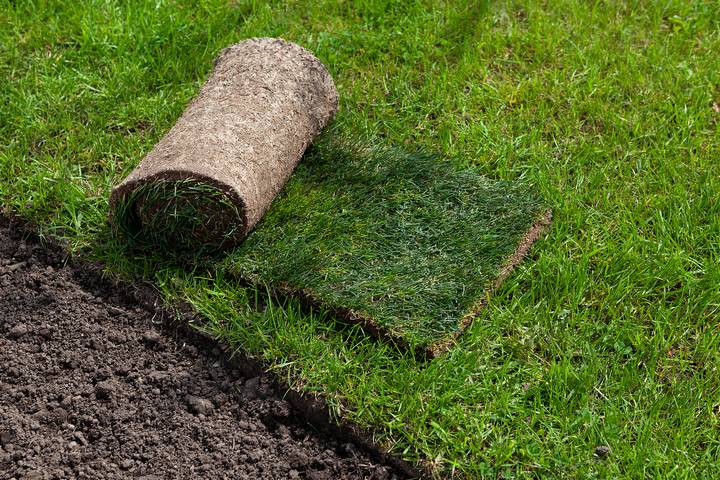How to Clean Dental Implants Properly and Effectively
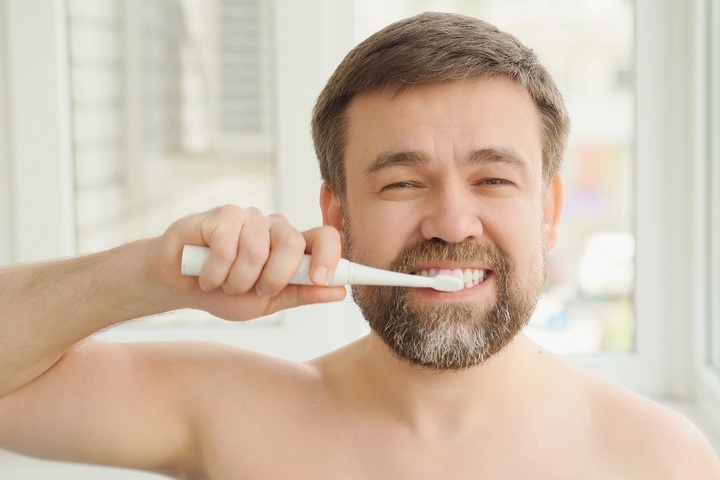
More accessible than ever before, dental implants are now a common treatment option to replace missing teeth among adults. In addition to simple replacement, dental implants can also be used to stabilize a denture and significantly improve comfort and function. The technology continues to improve, and the surgery required to implant the dentures has become a good deal easier and less invasive.
Above and beyond regular dental hygiene, specific techniques and efforts are necessary to keep dental implants clean and free of destructive bacteria and plaque. If not cared for properly, these can accumulate and can cause infection in the tissues around the implant that could ultimately lead to failure.
All that being said, in order to ensure the integrity and longevity of dental implants, it is important to care for them properly. Here is how to clean dental implants properly and effectively:
1. The role of the dental hygienist

In addition to the work you need to do at home, which we’ll get into later, the dental hygienist has an important role to play on how to clean dental implants. Unlike the traditional dental hygiene scalers that the hygienist would use on natural teeth, implants require a special tool made of plastics and resin.
If the standard instrument is used, it could scratch and damage the implant. It is therefore important that you trust you’re working with a dental hygienist who was properly trained on dental implants.
2. At home care of dental implants
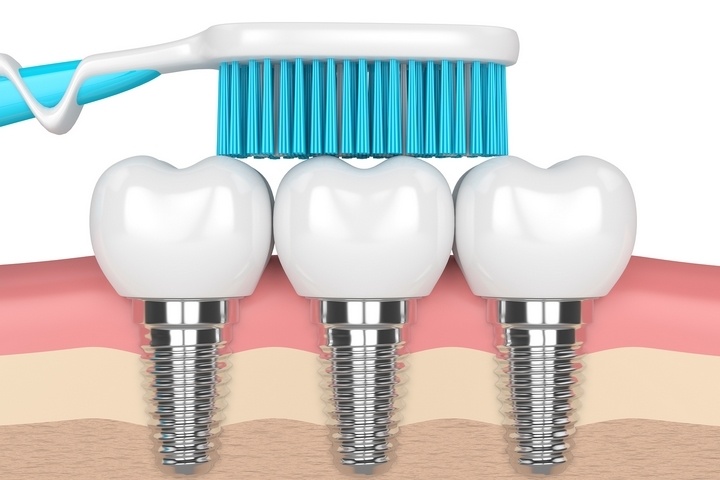
Of course, there is also lots that need to be done at home to ensure a long and healthy implant lifespan. This is especially important in the days immediately following surgery.
It is a good idea to familiarize yourself with the different types of floss and small brushes available before you have surgery. You’ll already feel comfortable using the tools and will know which one is best for you.
4. Care 48 hours after placement

If you can make it through the first 48 hours, you’ll be able to rest assured that the worst is over. This time is the most important and involves the most work. To start with, the hour immediately following surgery you should keep firm but gentle pressure on the gauze packs with your teeth, keeping them in place. Only in the case of abnormally heavy bleeding should you change the gauze during this time.
It’s important to remember that you did just have surgery, so symptoms like oozing, persistent bleeding, swelling and pain are all normal. Your body is healing itself so you should do your best not to disturb the surgical areas and to rest or apply ice if needed.
After the first 24 hours, it is a good idea to rinse with saltwater 2-3 times a day. After a few days, you can apply gentle heat to the area to decrease the discoloration and bruising.
5. Care in the first few weeks after placement

In the following days and weeks after your procedure, you should continue your care with frequent cleaning and regular visits to your dentist. Plenty of saltwater rinses, brushing, and flossing should all be part of this routine.
Another thing that can help is adjusting your diet a bit to incorporate less acidic and softer foods. Stay away from sharp foods like chips and nuts and limit your caffeine and alcohol consumption.
6. Professional dental implant cleaning
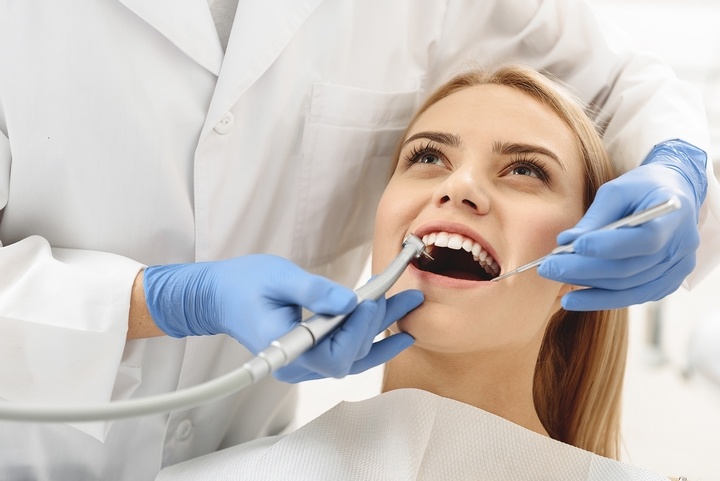
Even more so than with natural teeth, it is crucial to get your dental implant cleaned by a professional periodically. On top of the cleaning you’re doing at home, they need to thoroughly clean the threads of the implant, the surrounding tissue, and your natural teeth.
This will do a lot to decrease the amount of bacteria and ensure that you can avoid getting an infection. It is also simply good practice to have a trained eye regularly inspect the overall condition and alignment of the implant.
It is also very likely that your hygienist will incorporate scaling, a method that cleans much deeper than the surface of the tooth, cleaning below the gumline to remove the buildup of plaque.
7. Regular visits are well-advised

It will seem like a lot while you’re getting used to it, but when you first get your implants it is important to visit your dentist frequently. The first couple of months will require several visits.
Once the dental implants have stabilized to some degree, the hygiene routine will be less demanding. Eventually, you should treat your implant like the rest of your teeth and visit the dentist every six months or so.
8. Dental implant maintenance

Over time, it can be easy to fall into bad habits and become less diligent about your cleaning. This is a bad idea. If you don’t keep up your routine, you could easily experience one or more of the complications associated with improper dental implant care.















